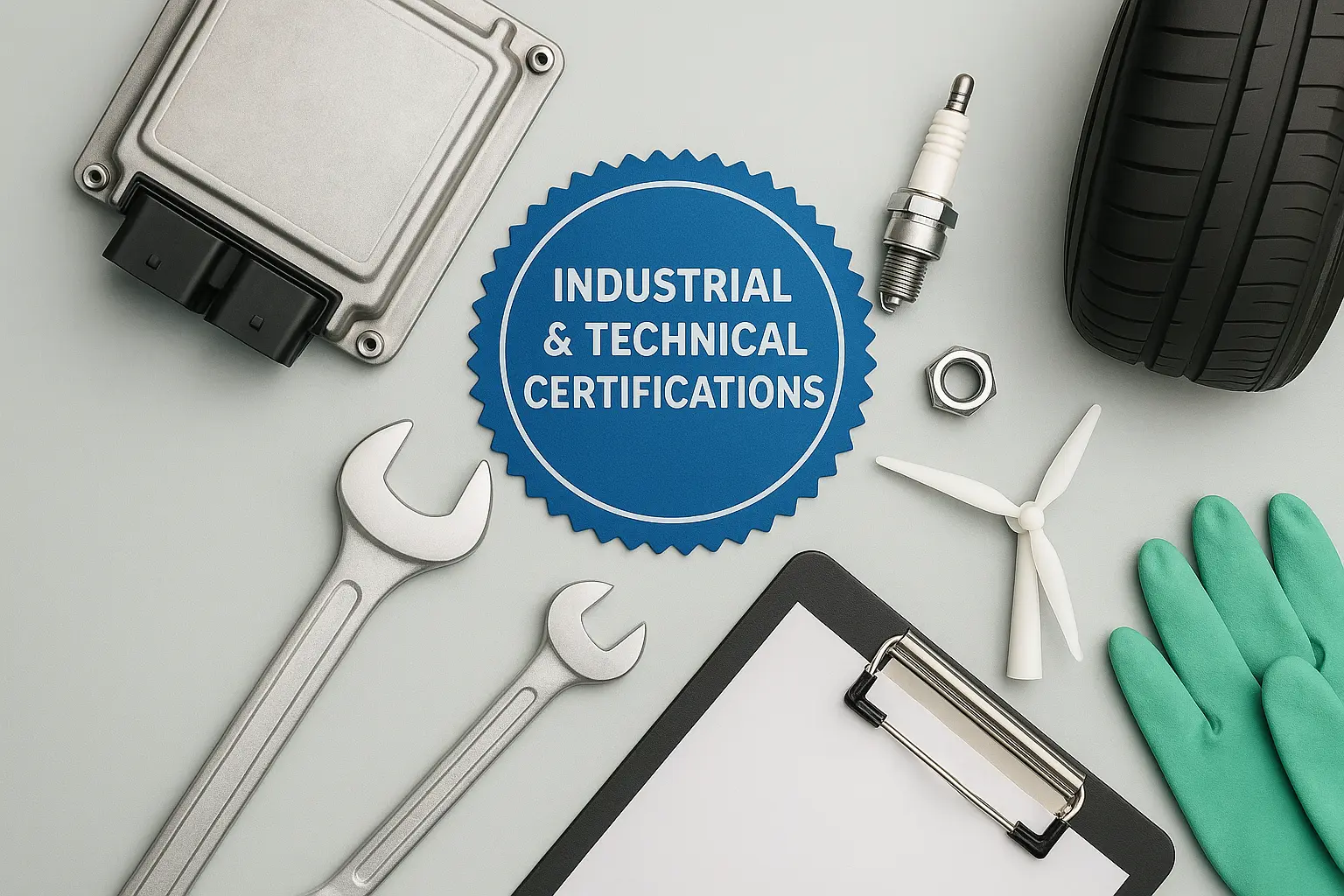EN 12952 Water Tube Boiler Certification
The EN 12952 standard is a critical framework for ensuring the quality and safety of water tube boilers, which are widely used in various industrial sectors. These boilers play a pivotal role in providing steam or hot water to power industrial processes and heating systems across different industries such as manufacturing, energy production, and food processing.
Water tube boilers, characterized by their cylindrical shell and parallel rows of tubes running the length of the boiler, are renowned for their efficiency and reliability. The standard EN 12952 sets out detailed requirements to ensure that these boilers meet stringent safety and performance criteria. This certification is essential not only for compliance with international regulations but also for enhancing the reputation and operational efficiency of industrial plants.
The testing procedures outlined in EN 12952 are designed to evaluate various aspects of a water tube boiler, including its design, materials, manufacturing processes, and safety features. Rigorous testing ensures that the boilers can withstand high-pressure environments without compromising on performance or safety. This certification is particularly important for industries where steam production is critical, such as power generation and petrochemical plants.
Compliance with EN 12952 is crucial for several reasons. Firstly, it helps in maintaining a consistent quality of boilers across different manufacturers and regions. Secondly, it ensures that the boilers meet the highest safety standards, thereby protecting personnel working in these facilities. Lastly, certified boilers can operate more efficiently, reducing energy consumption and maintenance costs over their lifecycle.
The testing process under EN 12952 involves a series of inspections and tests to verify that all components of the boiler are up to standard. This includes checks on the materials used, the design integrity, and the operational performance of the system. The certification ensures that these boilers can be relied upon for reliable steam or hot water production, which is crucial in industries where downtime is costly.
For quality managers and compliance officers, EN 12952 serves as a benchmark to ensure their products meet international standards. R&D engineers benefit from this certification by having clear guidelines on how to design boilers that not only meet but exceed the required specifications. Procurement teams can use it to select reliable suppliers who provide certified boilers.
The standard is widely recognized and accepted across various sectors, making it a valuable asset for any industrial facility aiming to enhance its reputation and operational efficiency. By adhering to EN 12952, businesses ensure that their water tube boilers are not only safe but also perform at the highest level of reliability and efficiency.
Why It Matters
The significance of EN 12952 Water Tube Boiler Certification lies in its role as a cornerstone for ensuring industrial safety, operational efficiency, and compliance with international standards. In sectors where steam or hot water is essential for production processes, the reliability of boilers cannot be overstated.
Firstly, safety is paramount. The certification guarantees that all boilers meet rigorous safety requirements, reducing the risk of accidents in high-pressure environments. This is especially critical in industries such as power generation and chemical processing, where even minor failures can lead to severe consequences.
Secondly, operational efficiency is a key benefit. Certified boilers are designed with optimal performance in mind, ensuring that they operate at their highest potential throughout their lifecycle. This leads to reduced energy consumption, lower maintenance costs, and increased productivity for industrial facilities.
Thirdly, compliance with international standards enhances the reputation of manufacturing plants and suppliers. Certification under EN 12952 signifies adherence to high-quality practices and can attract more customers looking for reliable and safe products.
The certification also aids in meeting regulatory requirements, ensuring that all boilers are legally compliant. This is particularly important for industries operating in multiple countries or regions with varying standards.
Benefits
- Increased Safety: Ensures compliance with international safety standards, reducing the risk of accidents and injuries.
- Better Efficiency: Optimized design and materials result in more efficient boiler operation, leading to lower energy costs.
- Enhanced Reputation: Certification under EN 12952 enhances brand reputation and trust among clients and stakeholders.
- Regulatory Compliance: Ensures that all boilers meet the necessary regulatory requirements in various regions.
- Lower Maintenance Costs: High-quality design and materials result in fewer repairs and maintenance needs over time.
- Promotes Sustainability: Efficient operation of certified boilers contributes to reduced environmental impact by conserving energy resources.
Quality and Reliability Assurance
The process of obtaining EN 12952 Water Tube Boiler Certification involves multiple stages, each aimed at ensuring the highest quality and reliability. The first step is thorough documentation of the boiler design and materials used. This includes detailed records of all manufacturing processes to ensure that every component meets the specified standards.
Following the documentation stage, comprehensive inspections are carried out by accredited laboratories. These inspections cover various aspects such as material composition, weld quality, and overall assembly integrity. The use of advanced testing equipment ensures precision in evaluating each boiler's performance under simulated operational conditions.
The final step involves rigorous testing to confirm that all boilers meet the stringent requirements outlined in EN 12952. This includes pressure testing, leak detection, and thermal efficiency assessments. Only boilers that pass these tests are deemed compliant with the standard.
Accredited laboratories play a crucial role in this certification process by providing impartial and accurate evaluations. Their expertise ensures that only the highest quality boilers receive certification, thereby maintaining trust among manufacturers and users alike.
The certification not only benefits the boiler manufacturer but also extends to end-users who can rely on certified products for safe and efficient operation. This assurance is particularly valuable in critical industries where downtime can be costly or even dangerous.





